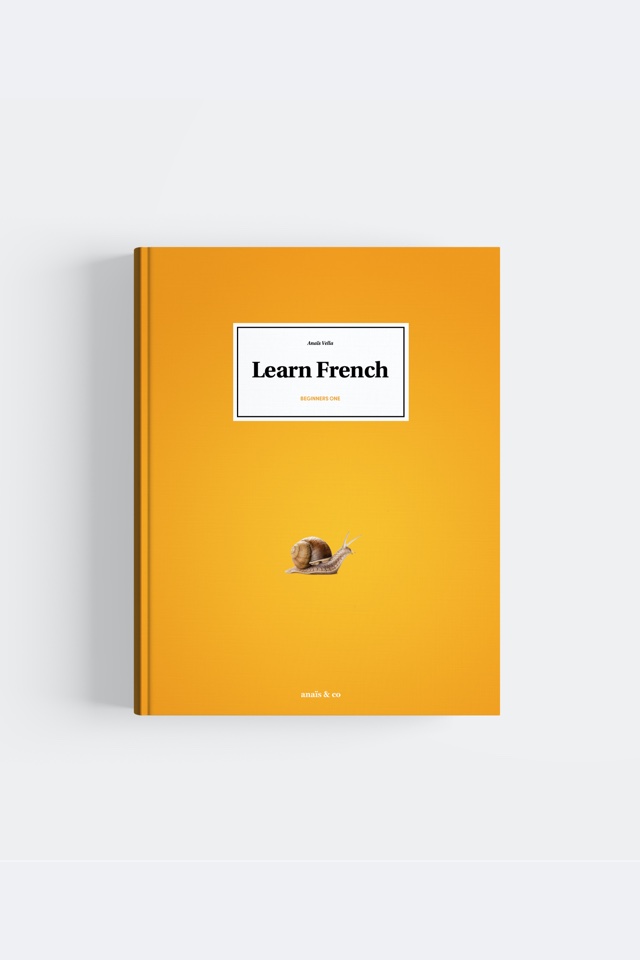

| French | English |
|---|---|
| Bonjour (formal) | Hello |
| Salut (informal) | Hi |
| Bonsoir | Good evening |
| Au revoir (formal) | Goodbye |
| Salut (informal)/Ciao (informal) | Goodbye |
| Pardon | Pardon |
| Désolé | Sorry |
| De rien | You are welcome/ It's nothing |
| Excusez-moi (formal) | Excuse me |
| Excuse-moi (informal) | Excuse me |
| Merci (beaucoup) | Thank you (very much) |
| S'il vous plaît (formal) | Please |
| S'il te plaît (informal) | Please |
| D’accord (formal) | Agree |
| Ok (informal) | Ok |
| À plus tard (formal) | See you later |
| À toute à l’heure (formal) | See you later |
| À plus (informal) | See you later |
| À toute (informal) | See you later |
| À bientôt | See you soon |
| Enchanté | Pleased to meet you |
| Bonne journée | Have a good day |
| Bonne nuit | Good night |
| Bonne après-midi | Have a good afternoon |
| Bonne soirée | Have a nice evening |
If you want to introduce yourself to someone new, you’ll say your name followed by “enchanté” and the other person will do the same. We usually do not make sentences like “my name is” or “I am.”
For example:
Anaïs, enchantée.
Paul, enchanté.
In formal situations, we must shake hands. This applies every time you meet or leave someone.
In informal situations, French people kiss each other. This kiss is called “la bise.” It has different names in some parts of France or some French-speaking countries. Mostly in France people will say “on se fait la bise !” But this is not a French thing. It happens in many other countries even outside of Europe. Unfortunately, in France and in French-speaking countries, this kiss comes with a lot of rules.
This depends on the part of France, the country or the person. Usually, the kiss is a pretend kiss, cheek against ckeek. Your lips shall not touch the cheek of the other person, but you can find people who will actually do proper kisses.
Here again it varies. In France, we usually sound the kiss even if we do a pretend kiss, cheek against ckeek. If you happen to not sound the kiss, the person might ask you to redo it.
This depends on the part of France (region) and the country. In the South of France, people tend to start with the left cheek, but in the North, they seem to be starting with the right cheek. Moreover, in Belgium or in the French-speaking part of Switzerland, they seem to also be starting with the right ckeek.
It goes from 1 to 4 depending on where the person is coming from. For example, in France it tends to be 2, but in Marseille it is 3 and in Brest, it is 1. In Belgium, people usually do 1 kiss and in the French-speaking part of Switzerland it is 3 as well.
If you are a man, no. Men kiss women only and they shake hands with men. However, they can also kiss other men but only if they are very close to them. Women kiss both men and women. When you meet people, no matter if it is a group or not, if you know the people or not, you shall kiss everyone hello and goodbye and as said, men will shake hands with other men. It is considered rude to only kiss a few people.

More in the books
Werther you are learning by yourself, with Anais and Co or if you are a FLE teacher find this lesson and many more in a beautiful book.
Be notified when we upload a new video.